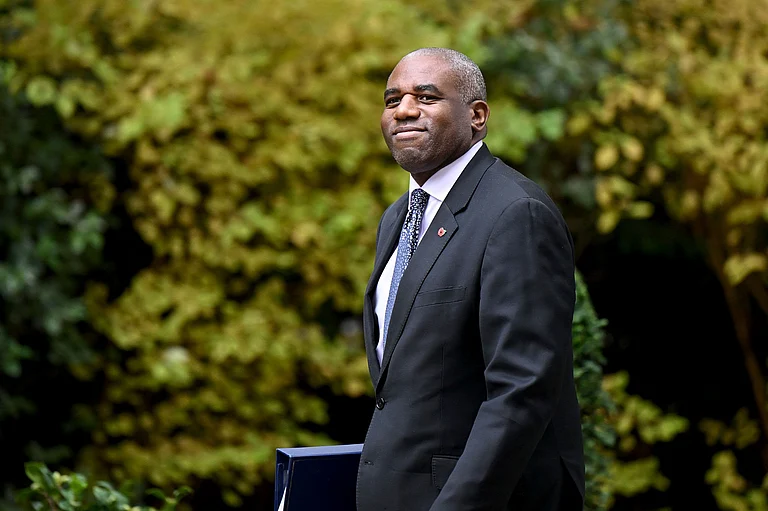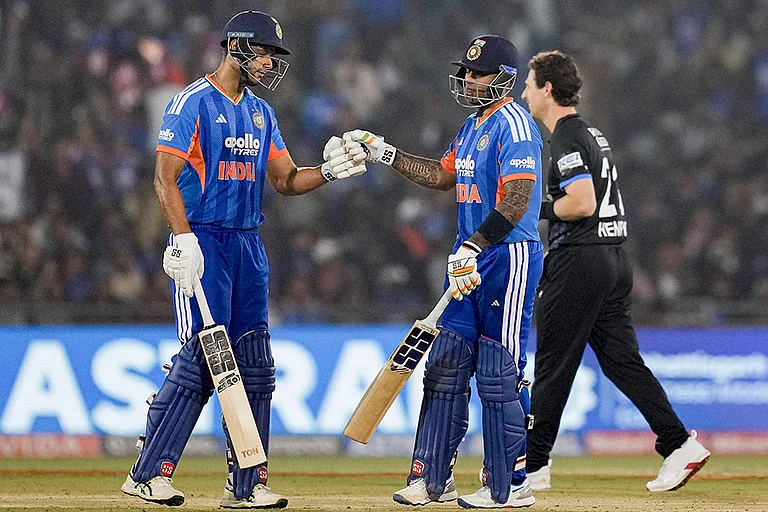With the surge in privatisation and monopolisation of services, the inequalities between communities have widened, according to a recent report published by Oxfam.
The report further notes that the power of corporations has fuelled inequality and India is not an exception. The five richest persons in the world saw their wealth double whereas 60 per cent of the world grew poorer in the same period analysed in the report.
In India, the inequalities have all but widened owing to the privatisation of services with marginalised communities, including Dalits, facing high and unaffordable out-of-pocket fees in the private healthcare sector and financial exclusion in the private education sector, according to Oxfam.
India may be the fastest-growing economy in the world and on track to be the third-largest economy by 2030, but it performed poorly in Oxfam’s Commitment to Reducing Inequality Index (CRI) 2022. It did not just perform badly in the world at large but also among the countries of the Global South.
Out of a total of 161 countries, India ranked 123 on the CRI, which is calculated by taking into account government action on social spending, tax, and labour rights – three areas critical to reducing inequality. Meanwhile, India’s neighbours have outperformed India, with Myanmar at 100, Bangladesh at 107, Nepal at 112, and Sri Lanka at 111.
Academic and activist Swati Narayan tells Outlook that there is “something really wrong” with India that it is consistently performing badly in most of the indices produced by different organisations. The research of Narayan, author of the book ‘Unequal: Why India Lags Behind Its Neighbours’, focusses on why India has increasingly been performing worse than its South Asian neighbours on various social indices.
After carrying out research in the field including a primary survey of 80 villages (40 in Bihar, 20 in Nepal, and 20 in Bangladesh) interviews with several key stakeholders, and a historical analysis, Narayan believes inequalities to be the main reason why India lags.
She tells Outlook, “In India, there seems to be an elite capture of public services. There is not only underfunding of public services for the masses but also extreme privatisation. It is the imbalance of power or inequality of power which gets translated into inequality in access to social services.
“So, overall, in my book, I look at caste, class, and gender, but of course, there are several other inequalities like ethnicity, language, and religion, and, in India, it’s an extreme version as the inequalities compound each other.”
Narayan adds India’s neighbours Bangladesh and Nepal have been successful in reducing inequalities in their respective countries.
“What’s happened with our neighbours is due to several historical reasons and social movements. They have had a level of either elite displacement or redistribution or focus on that because of a new social contract that they’ve developed in society,” says Narayan.
Inequality, however, varies across India and appears more pronounced in the northern regions compared to its southern counterpart, according to Narayan.
She tells Outlook, “I make a distinction between North and South India very crudely. In the south, I analysed Tamil Nadu and Kerala and compared it to Sri Lanka on why they’ve all been pioneers in human development and the reason for that is that they’ve all been able to reduce inequalities due to social movements which is different from the north. There has always been a sort of social churning and social redistribution and a fight for egalitarian power distribution.”
Narayan believes for inequalities to be fixed, the social contract between the ruling class and the ruled needs to undergo a shift.
“If, for example, a caste census would show you there is upper-class dominance across, let’s say the bureaucracy or the political class or the elites or even journalists or lawyers or doctors, when there is such a capture of the elite class on all forms of social services, then redistribution has to happen and education is one of the key ways that you do it,” says Narayan.
As for the way forward to address the inequalities in India, Narayan echoes the words of Bhim Rao Ambedkar: “Educate, agitate, and organise.”























